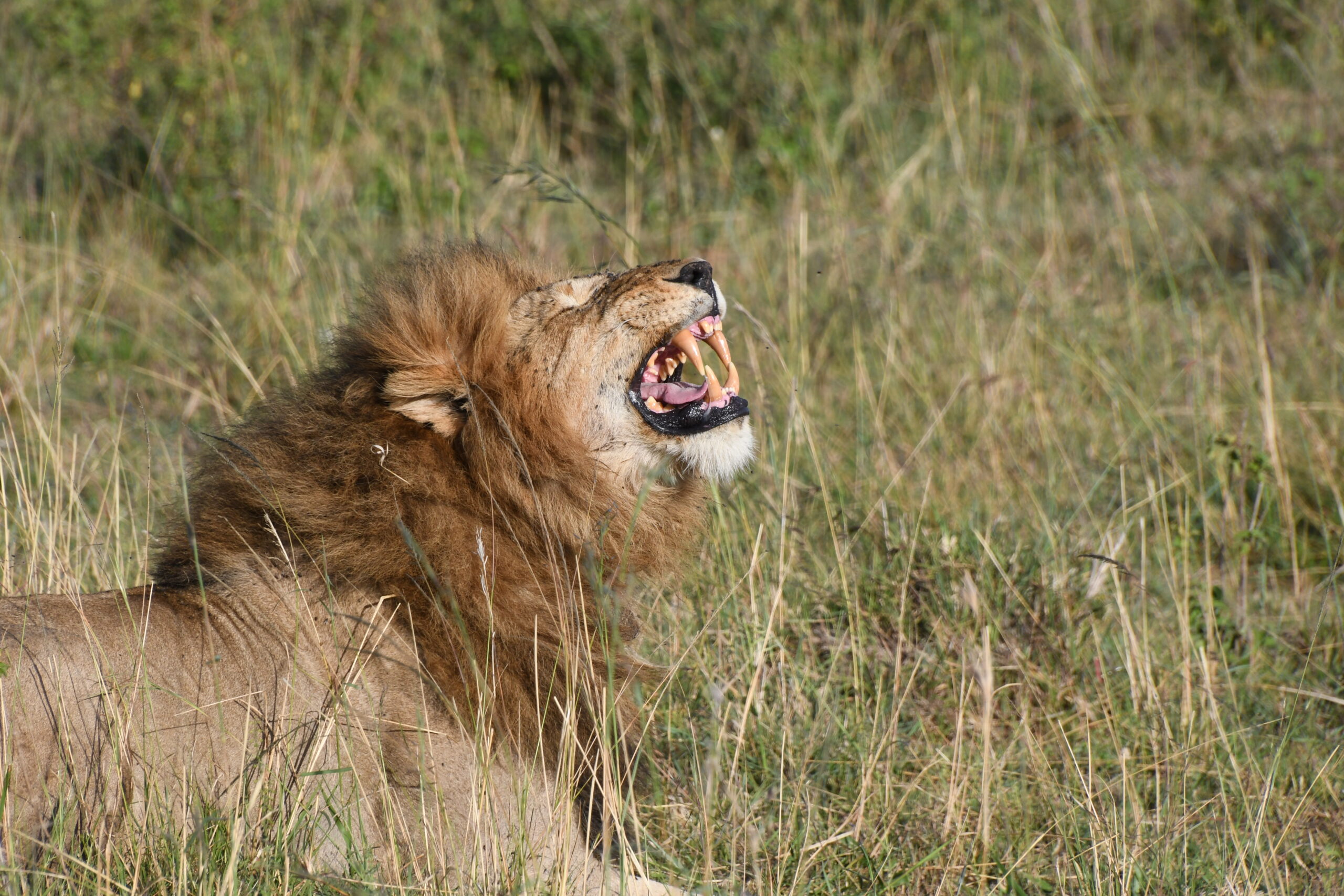
Best Time to Visit Kenya for a Wildlife Safari
Best Time to Visit Kenya for a Wildlife Safari is during the optimal seasons to maximize your experience and ensure you witness the best of Kenya’s diverse wildlife and stunning landscapes. Kenya, with its vast savannahs, is a dream destination for safari enthusiasts. This blog will explore the best times for a Kenyan safari, the various travel seasons, and the prime wildlife viewing periods. Whether you are a seasoned traveler or planning your first safari, this guide will help you make the most informed decision for your adventure.
The Best Time for a Kenyan Safari
Kenya offers spectacular wildlife viewing opportunities year-round, but understanding the best time for a Kenyan safari can enhance your experience. Whether you choose the dry season for its concentration of wildlife and the Great Migration or the rainy seasons for their lush landscapes and tranquility, Kenya’s natural beauty will leave you in awe.
Kenya Travel Seasons
-
Dry Season: January to February and June to October, The Peak Season
The dry season, from January to February and June to October, is widely considered the best time for a Kenyan safari. During these months, the weather is relatively cool and dry, making it ideal for wildlife viewing. The lack of rain means animals gather around water sources, making them easier to spot. The vegetation is also less dense, providing better visibility.
Great Migration in the Maasai Mara
One of the highlights of visiting Kenya during the dry season is witnessing the Great Migration in the Maasai Mara. From July to October, millions of wildebeest, zebras, and other herbivores cross the Mara River in search of greener pastures. This incredible natural spectacle attracts predators, offering a unique opportunity to witness dramatic wildlife interactions. For many, this is the pinnacle of a Kenyan safari experience.
-
Short Rainy Season: November to December, The High Season
The short rainy season, from November to December, brings brief, sporadic showers that refresh the landscape without significantly impacting wildlife viewing. This period is known for its lush greenery and fewer tourists, offering a more serene safari experience. Migratory birds arrive in Kenya during these months, making it a fantastic time for birdwatching enthusiasts.
-
Long Rainy Season: March to May, The Low Season.
The long rainy season, from March to May, sees heavier and more consistent rainfall. While this period is less popular for safaris due to muddy roads and dense vegetation, it has its own charm. The landscape is at its most vibrant, and the parks are less crowded. Photographers will appreciate the dramatic skies and beautiful light. Additionally, this season often offers more affordable rates.
Prime Wildlife Viewing Times
Morning and Late Afternoon Safaris
Regardless of the season, the best times for wildlife viewing are typically in the early morning and late afternoon. During these cooler parts of the day, animals are more active, providing greater chances of sightings. Midday heat often drives animals to seek shade, making them harder to spot.
Specific Wildlife Activities
- Predator Sightings: Early mornings are ideal for spotting predators like lions, leopards, and cheetahs as they are often hunting or finishing a hunt.
- Bird Watching: Early mornings are also excellent for birdwatching, as many species are most active during this time.
- Elephants and Other Herbivores: Late afternoons are perfect for viewing elephants, giraffes, and other herbivores as they come out to graze.
Special Considerations
1. Climate and Comfort
While the dry season is generally the best time for a Kenyan safari, it’s also the most popular, meaning parks can be busier and the cost are higher. If you prefer a quieter experience and don’t mind a bit of rain, the short rainy season can be a wonderful alternative.
2. Booking in Advance
It’s advisable to book your safari well in advance. This ensures your Safari is well planned, secure accommodations and guides, particularly in high-demand areas like the Maasai Mara.
To book your Kenya wildlife safari, visit our website www.ahambitours.co.ke or email us at info@ahambitours.co.ke. Let Ahambi Tours help you create unforgettable memories in the heart of Africa.
